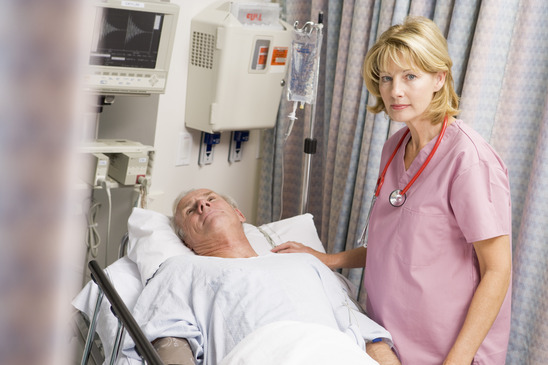Just as an operation is sometimes crucial to remedying what ails us, so is the case with pain management when it comes to aiding in our recovery following surgery. If pain isn’t properly dealt with, it can manifest itself in several different ways, not only with a longer recovery time, but also by creating numerous additional problems.
Since every patient is different, responses to pain can vary greatly depending on an individual’s age, their emotional state, and any prior surgical experiences where pain had to be managed. One thing is certain for every patient though, and that is the fact that healing from surgery will flow more smoothly if the patient actively participates. Many people put on a macho bravado by claiming they are “tough” and don’t need pain management following a medical procedure, but this couldn’t be further from the truth. By averting your body’s response to pain with the suitable therapy, you can prevent complications and further speed your recovery.
Strategies For Managing Pain
Generally, there are two main types of pain management following surgery and these involve medication and non-medication techniques, as described below:
1. Medication
While there are multiple types of medications that may be prescribed, depending on the patient, two of the most common drugs used to help alleviate pain are acetaminophen and ibuprofen. There are many factors involved in choosing the right medication, since the effectiveness can vary from person to person. Stronger drugs, such as oxycodone and morphine, are administered to those suffering with severe acute pain, but they are normally given on an as-needed basis due to their potency. Consult with your doctor about the drug options available to you for controlling pain, but also keep in mind that some medications pose dependency-related issues if taken for an extended period of time.
2. Non-medication
An important rule-of-thumb to remember when it comes to non-medication pain management is to practice the suggested techniques as they are recommended whether medicine is involved or not. Some popular types of non-medication measures include:
- Diaphragmatic breathing – Breathing in and out deeply and slowly.
- Meditation
- Body massage
- Heating pad – For decreasing pain and hindering muscle spasms.
- Ice pack – For minimizing swelling and also for preventing tissue damage.
- Acupuncture – A popular therapy using thin needles to balance energy transmitters in the body.
- Light therapy – This includes low-level laser therapy.
- Hypnosis
- Cognitive behavioural therapy – This is a form of mental therapy that is used to help a patient understand the correlation between their thoughts and physical pain, so that they will become more aware of negative thinking and respond to it in a more effective way to help lessen their pain.
- Guided imagery – This involves focusing intently on a certain image in order to feel more relaxed and in control.
- Aromatherapy – Fragrance oils gathered from herbs and flowers are typically massaged into the skin to aid in decreasing pain.
- Music – Listening to certain types of music allow the body to release endorphins, which is the body’s natural feel-good chemical.



